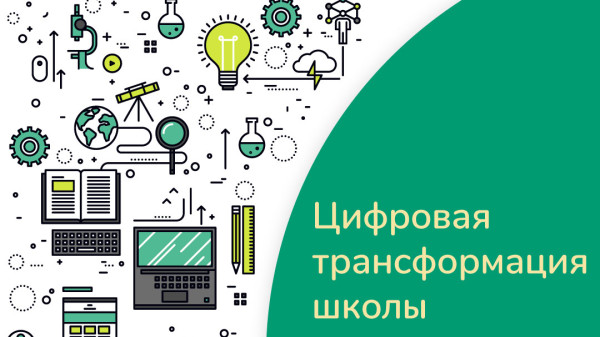
Introduction: Internet is an important sphere of activity in children 7-11 years old (Finkelhor et al., 2014; Li et al., 2015; Nasi, Koivusilta, 2013) creating a sphere of possible mental health risks (Livingstone et al., 2011). Neurocognitive deficiency could increase these risks online due to control and change replies and activities online.
Objectives: The aim was to study relationship between neurocognitive functioning in children 7-11 years old and their self-appraisals online and offline.
Methods: 50 children 7-11 years old (primary school in Russia, 25 males and 25 females) participated in neuropsychological observation (Akhutina, 2016) and filled Dembo-Rubinstein scales of self-appraisals both for Internet and offline (used descriptors: healthy, happy, clever,
kind, confident, independent, Cronbach’s alpha=.63-.65). Results: Difficulties in the functions of programming and control, serial organization, auditory-speech processing are related to better self-appraisals online (r=.30-.35, p<.01) but not offline. Difficulties in functions of the right hemisphere are more strongly related to online self-appraisals (r=.51) than to offline self-appraisals (r=.31). Adjusting for offline self-appraisals, serial organization, auditory-speech processing and functions of the right hemisphere predict difference in offline and online self-appraisals (ΔR²=6.6-13.0%, p<.05).
Conclusions: Neurocognitive deficiency in children 7-11 years old could lead to unrealistic appraisals of themselves online but not offline increasing probability of problem behavior in the Internet.

